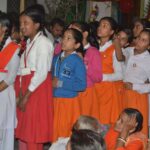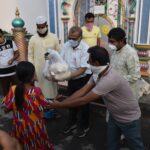Guru Pranali(Diksha)
Madhbacharya Sampradaya
Sect: Gaudia
Pariwar: Gadadhar
Sub Sect: Chintamoni
-

Sri Krishna Narayan
-

Sri Bramha
-

Sri Narada
-

Sri Vayasdeb
-

Sri Madhbacharya
-

Sri Padmanabhacharya
-

Sri Narahari
-

Sri Madhab
-

Sri Aakshov
-

Sri Joytirth
-

Sri Gayansindhu
-

Sri Dayanidhi
-

Sri Vidyanidhi
-

Sri Rajendra
-

Sri Jaydharma
-

Sri Purusottam
-

Sri Bramhnya
-

Sri Vayastirtha
-

Sri Laxmipati
-

Sri Madhabendra Puri
-

Sri Iswar Puri
-

Sri Srikrishna Chaitanya Mahaprbhu
-

Sri Gadadhar Pandit
-

Sri Ballav Chaitanya Goswami
-

Sri Shibananda Goswami
-

Sri Krishnanda Goswami
-

Sri Ghaneswar Goswami
-

Sri Krishnaballav Goswami
-

Sri Ram Narasingha Goswami


